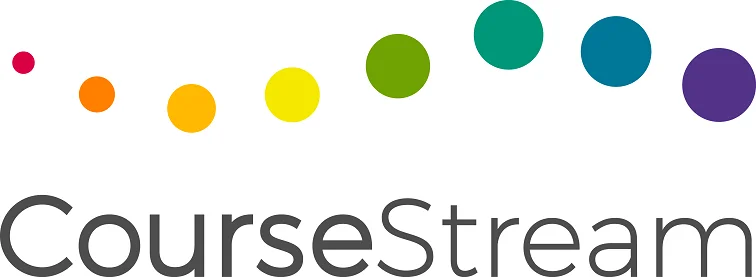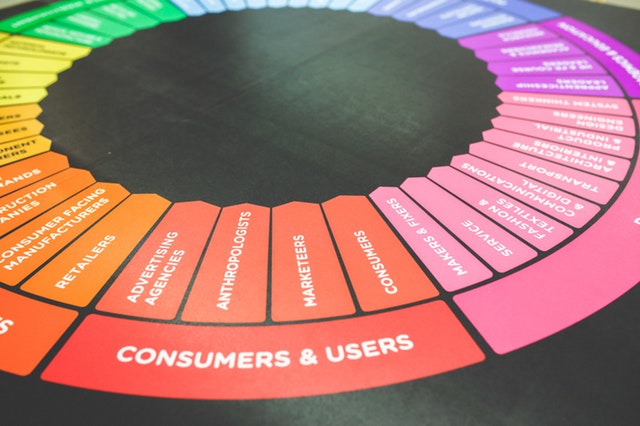Why Study this Marketing Psychology Course?
If you want to improve your marketing skills and understand how a consumer thinks, then this may just be the exact course you are looking for!
This online marketing psychology course will teach you everything you need to learn to understand the mind of consumers and connect with them. Such as learning how to segment a market, how perception and personality affects the marketing process, how are motivations and awareness involved towards a consumer’s purchase, the elements involved towards a person’s buying decision, and other aspects that influences a buyer like the seller’s attitude, way of communication and persuasion.
Learn the psychology of the consumer
If you’re in marketing you must understand the psychology of your target consumer. This course will help you understand the application of the psychological principals to marketing.
- 100 hour
- Self Paced Study
- Full tutor support
Course Aims
- Identify categories of shoppers.
- Describe the key concepts of Market Segmentation
- Determine the role of perception and personality in the marketing process
- Determine the factors that motivate a consumer toward a purchase.
- Define how social factors influence a consumers behaviour
- Discuss consumerism in the context of marketing.
- Determine the factors that influence consumer attitude and marketing communication and persuasion.
- Apply the concept of multi – element buying decisions.
Course Outline
There are 8 lessons in this course:
- People as Consumers
- Scope and nature of marketing
- Reasons for marketing
- Types of customers: loyal, discount, needs based, wandering, impulse
- Economic, economic, personal, apethetic shoppers
- Understanding reward options: rational, sensory, social, ego satisfaction
- Influence on customers
- Physical factors
- Consumer problems
- Attitudes
- Beliefs
- Affects
- Behavioural intention
- Market Segmentation
- Geographic
- Demographic
- Age
- Sex
- Socio-economic
- Geodemographic
- Psychological segmentation
- Segmentation by usage
- Segmentation by benefit
- Global segmentation
- Entry into foreign markets
- Total Product concept
- Personal influences
- Diffusion of new products
- Internal Influences Perception & Personality
- The senses: vision, hearing and smell.
- Multi sensual marketing
- Thresholds of awareness
- Sensory adaptation
- Attention
- Selective perception
- Perceptual distortion
- Perceptual cues
- Gestalt psychology
- The Phi phenomenon
- Subliminal perception
- Product image and self image
- Personality theory and application to marketing
- The MMPI
- The TATT
- The Rorschach Ink Blot Test
- Non Freudean and Freudean theories
- Self theory
- Self image marketing
- Trait theory
- Brand personality
- Relationship segmentation
- Internal Influences -Motivation and Awareness
- Learning
- Behavioural approach
- Classical conditioning
- Operant conditioning
- Cognitive approach
- Memory and marketing
- Modelling
- Motivation
- Maslow’s heirachy of needs
- Different motivations
- Inertia
- Involvement
- Antecendents of involvement
- Properties of involvement
- Outcomes of involvement
- Specific needs
- Unconscious motivation
- Creating needs
- Semiotics
- Social Influences
- Understanding society
- Family influences
- Family changes
- Family lifecycle
- Households
- Socialisation
- Institutional affects
- Consumer socialisation
- Family consumer decisions
- Roles
- Conflict resolution
- Changing roles
- Social and developmental influences
- Influences on children
- Marketing and advertising
- Small groups, Formal and informal groups
- Membership aqnd reference groups
- Reference groups and consumer behaviour
- Variability of products
- Differences in consumer susceptibility
- Influence of social class
- Inheritance
- Measuring class, class categories and changing class
- Marketing and Consumer behaviour
- Cultural influences, communication, ideals and actualities
- Differences in culture: sub cultures, ethnicity, changes in culture
- Consumerism
- Why study the consumer
- What is a consumere
- History of consumerism
- Changes in consumer experience
- The supplier
- Business ethics
- International ethics
- The market place
- Consumer action
- False and deceptive advertising
- Methods of false advertising misrepresentation, insufficient details, price based methods etc.
- Communication and Persuasion
- Attitudes and the concept of attitude towaHow attitudes form
- How attitudes are changed
- Practical applications for marketing
- Message evaluation and selection
- Message execution
- Celebrity testimonials
- What words sell
- Deciding to Buy
- Making a decision
- Rational decisions
- Heuristic Procedures
- The decision making process -step by step
- Merchandising
- Trend toward online shopping
Enrol Now
- Experienced Tutor support
- Certificate sent to you
- Online study (Printed notes available)
- Self paced - no set timetable
- 12 months to complete course
From: $25.00 / week for 32 weeks
Get a Free Info Pack!











